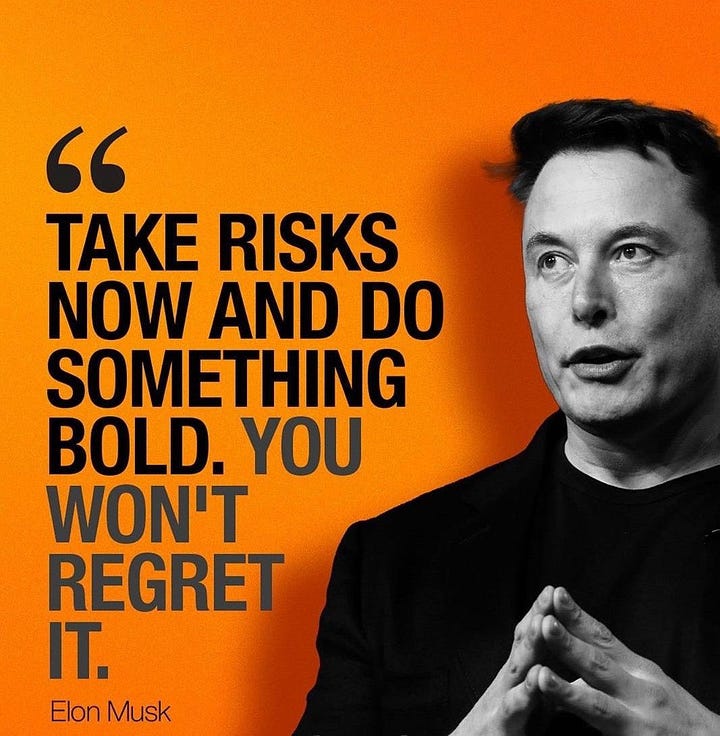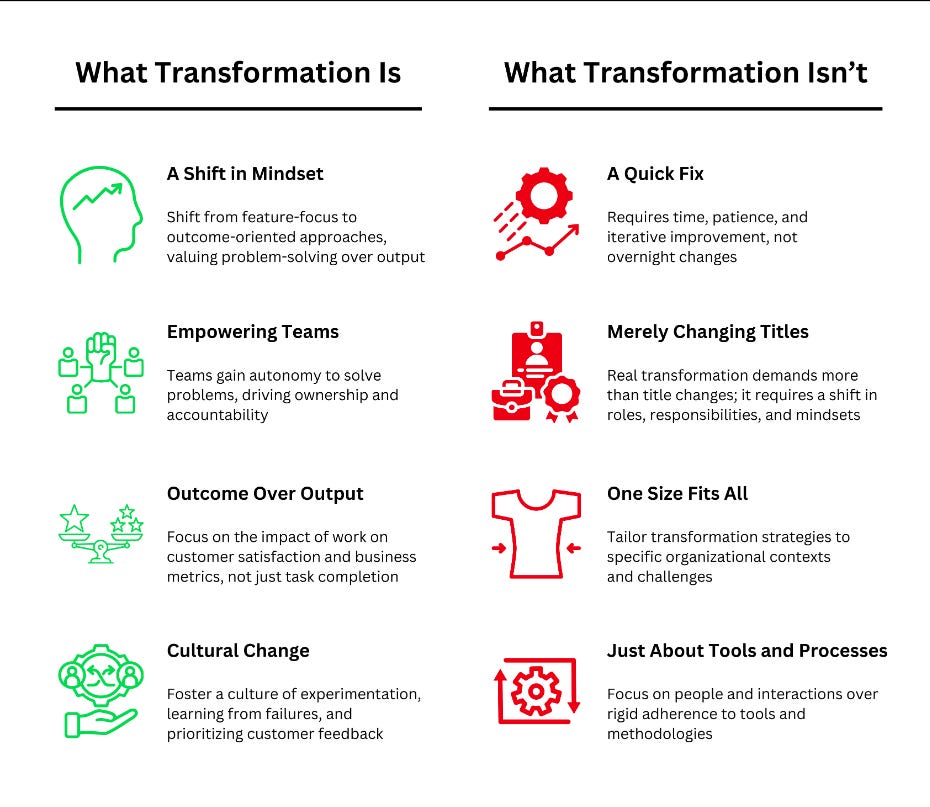Why 95% of the Startups fail? and How to Break the Cycle
Key Mistakes to Avoid as a First-Time Founder!
Let's be real, that 95% startup failure rate is terrifying, right?
You start thinking, "Maybe it's just not meant to be. Maybe the odds are totally stacked against me."
But here's the thing: most of the time, it's not a bad luck or some curse on startups. A lot of those failures happen because new founders fall into the same traps over and over.
The good news is, if you know what those traps are, you can avoid them!
The biggest mistakes I see – and hey, I've made a few myself – are all about people and expectations. It's tempting to try to save money on hiring, or to copy what the big, successful companies are doing. But that's a recipe for disaster when you're just starting out.
Here is a chart that says it all:
Let's break this down and figure out how to give your startup the best possible shot at success.
The Mediocrity Trap – Hiring the Wrong People Sinks Your Ship!
Okay, let's talk about the elephant in the room: hiring. When you're strapped for cash, it seems smart to say "Well, I don't need a superstar for this, someone 'good enough' will do."
Wrong! "Good enough" is the enemy of a startup.
Why "Good Enough" Isn't Good Enough?
You need more than task-doers: Startups aren't assembly lines. You need people who'll wear multiple hats and find solutions on the fly, not just do what they're told.
"Good enough" gets demotivated FAST: When the work gets hard (and it WILL), "good enough" employees check out. You need people who thrive on a challenge.
It COSTS you more in the long run: Mistakes from mediocre hires, slow progress, and having to replace them all burns through your money and your time.
Don't Fall for the Big Company Illusion
You might think, "But huge companies have tons of average employees!" True, but they have the resources to absorb that. You don't. Here's an example: a giant corporation can have a mediocre accountant and it's annoying, but survivable. A startup with a mediocre accountant might get their taxes wrong and face serious trouble.
Passion and Drive Beat Fancy Resumes Every Time
It's tempting to hire based on the CV, but for a startup, you need raw ability and a hunger to learn. Can the person think for themselves? Would they be excited to step in and tackle something outside their job description if needed? Startups need fighters and problem-solvers more than specialists early on.
The Curse of Unrealistic Expectations
We've all heard stories of those overnight startup successes, right? It makes it tempting to think, "Okay, awesome idea...now where's my millions?" Sadly, it doesn't work that way. Startups take hustle and realistic thinking.
Money Matters: Don't Bet the Farm on a Dream
Look, your idea might be the next big thing, but even brilliant ideas take time and resources to grow. If you're running on fumes financially, expecting a massive payout right away will set you up for disappointment and bad decision-making.
Rome Wasn't Built in a Day (And Neither Was Facebook)
Those huge success stories you admire? Those are the result of YEARS of grinding, mistakes, and pivots. Set small, achievable milestones for your startup. Celebrate those wins – they'll keep your team motivated and show you what's working.
Outsmart, Don't Outspend: Your Secret Weapon
You'll never have the budget of Amazon or Google when you're starting off. That's okay! Big companies move slowly, startups can move fast and change direction quickly. Use that to your advantage. Can you solve the same problem as the big guys but in a simpler, more personalized way? That's how you stand out from the crowd.
What First-Time Founders MUST Do Differently
So, we've talked about the pitfalls to avoid. But what SHOULD you do to set your startup up for success? It's about a mindset shift:
This is what Aakash Gupta, has to say about it:
Embrace the 'Underdog' Advantage
Not having a ton of money and resources is actually a good thing!
Here's why:
Forces you to focus: You have to be laser-focused on what REALLY matters to get your idea off the ground.
Breeds innovation: When you can't throw money at a problem, you have to get creative. That leads to better solutions in the long run.
Builds resilience: Operating lean teaches you to hustle and be adaptable. That pays off long-term.
Hire for Hunger, Not Just the Resume
Experience is nice, but
passion and a willingness to learn are priceless in a startup.
Here's how to spot them in an interview:
Ask about challenges: "Tell me about a time you failed at something and what you learned." This shows how they handle setbacks.
Problem-solving scenarios: Give them a hypothetical situation related to your startup. See how they think, not just what they know.
The "why us?" question: See if they've done their research and genuinely connect with your company's mission.
Celebrate Small Wins (and Learn from Losses)
Startup life is a rollercoaster. To keep the energy high (and your sanity in check🤯 ), make a big deal about milestones:
First paying customer? Awesome! Celebrate 🥳
Tackled a tough technical issue? Amazing! Celebrate 🎉
Even failures have lessons: Did a marketing campaign tank? Figure out why, tweak it, and try again. and again Celebrate 🕺💃
Celebrating those wins shows your team that progress is happening, even if you're not billionaires yet.
Let’s wrap this up.
Forget everything you think you know about how businesses "should" run.
Startups aren't mini versions of big corporations – they're a whole different species...
The biggest successes often come from founders who dared to do things differently, who weren't afraid to be scrappy and resourceful.
The biggest examples are Elon Musk and Steve Jobs.


These are not just posters, this is the reality of Startups.
The Power of the Right Team
Honestly, your team can make or break your startup. A few passionate, dedicated people who believe in what you're building can accomplish way more than a big group of folks who are just clocking in and out.
Take Action Now…
So, founders, remember this:
Be ruthless about who you bring on board: It's better to have a small, amazing team than to water down your talent pool.
Embrace the unknown: Startups are about figuring things out as you go. Ditch the rigid plans and get comfortable with change.
Believe in your own path: Don't waste time trying to copy what others are doing. Chart your own course!
It won't be easy, but by avoiding the common traps and focusing on building a strong foundation, you'll improve your chances of not just surviving, but truly thriving.




